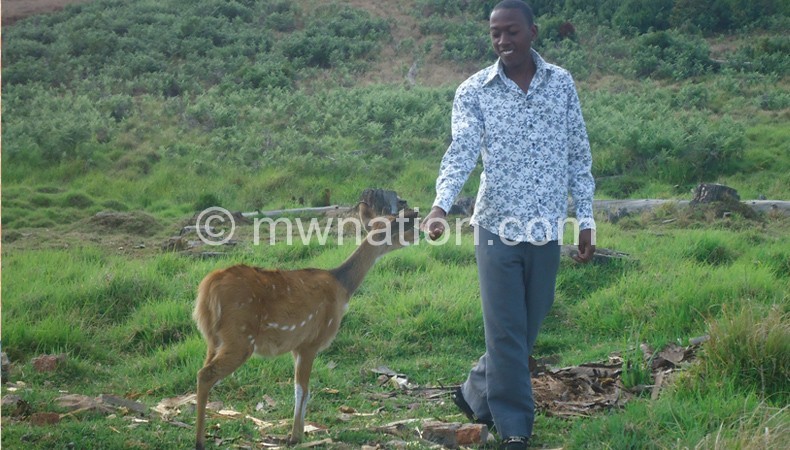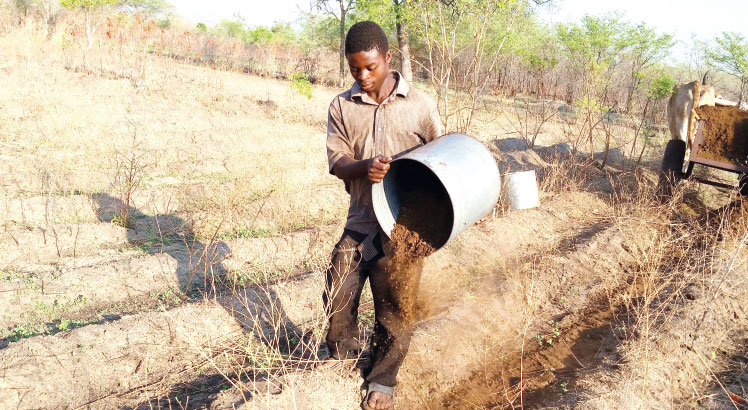Malawi, Zambia seal pact to protect wildlife
Malawi President Peter Mutharika and his Zambian counterpart Edgar Lungu on Tuesday finally signed the Peace Pact Foundation initiative, joining forces to create two vast cross-border conservation areas.
The signing of the Trans-frontier Conservation Area (TFCA) at Sanjika Palace in Blantyre followed a memorandum of understanding in 2004 signed by then Information and Tourism Minister Ken Lipenga and then Zambian Minister of Tourism, Environment and Natural Resources, Patrick Kalifungwa.

Under the TFCA, facilitated by the Peace Parks Foundation (PPF), the two countries will join forces to conserve important catchment areas, including the Nyika Plateau on both sides of the border, Malawi’s Vwaza Marsh Wildlife Reserve and Kasungu National Park with Zambia’s Lundazi, Mitenge and Mikuti forest reserves, Musalangu Game Management Area and Lukusuzi National Park. The area comprises the Nyika-North Luangwa and Kasungu-Lukusuzi components.
The total area of the combined conservation areas will eventually be more than 31 792 square kilometres and incorporate a huge diversity of ecological systems, including Afro-montane forest and grasslands, lowland woodland, marshes, miombo woodland and gallery forest.
Mutharika said only proper conservation, management and development of the area’s wildlife, tourism and cultural resources will pay economic gains. “The natural ecosystems and the rich biodiversity must be preserved for border communities and the two nations to benefit significantly,” said Mutharika.
Lungu hoped the TFCA will deliver benefits to the people living in the regions covered and that it will allow the two countries sit and talk about the challenges faced in the conservation of the area and how to deal with them.
Apart from protecting the environment and natural resources, the two countries will have wildlife such as elephants and rhinoceros protected to boost tourism.—IOL News/The Nation





